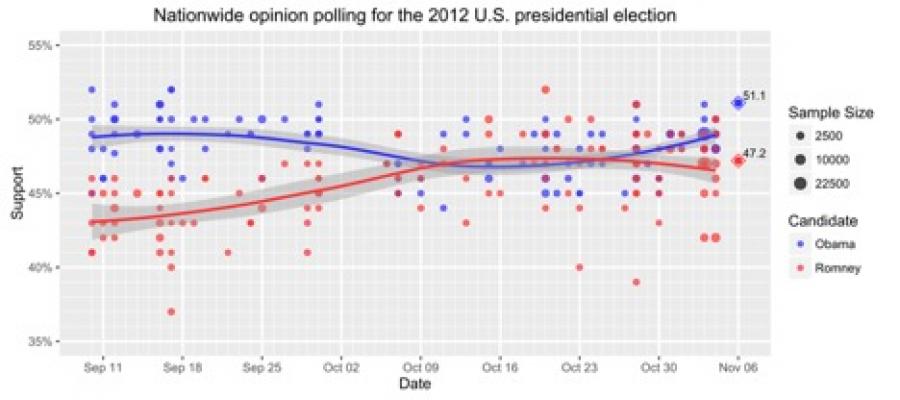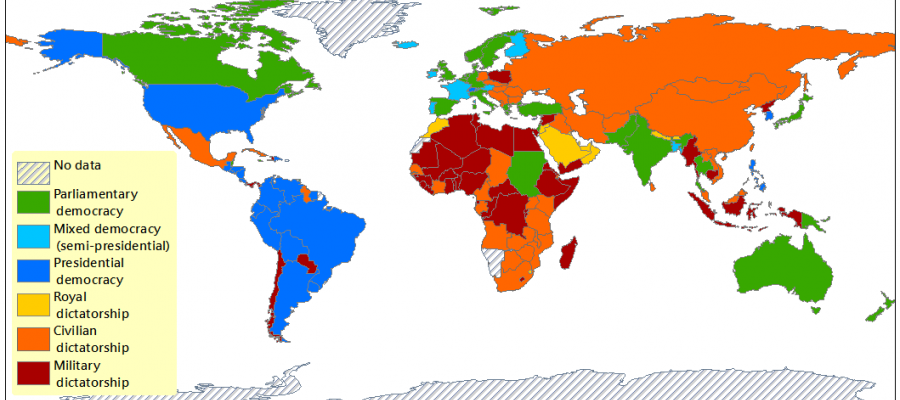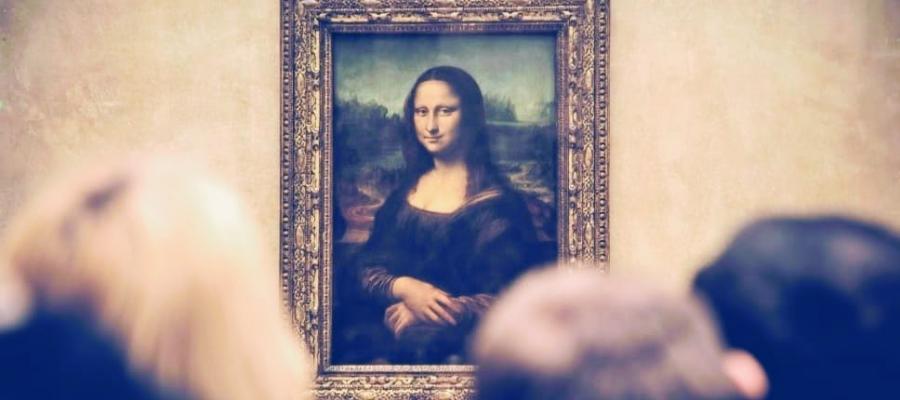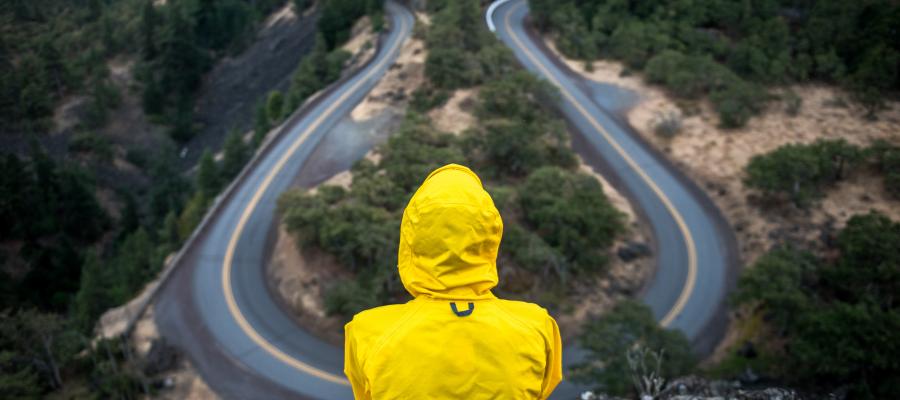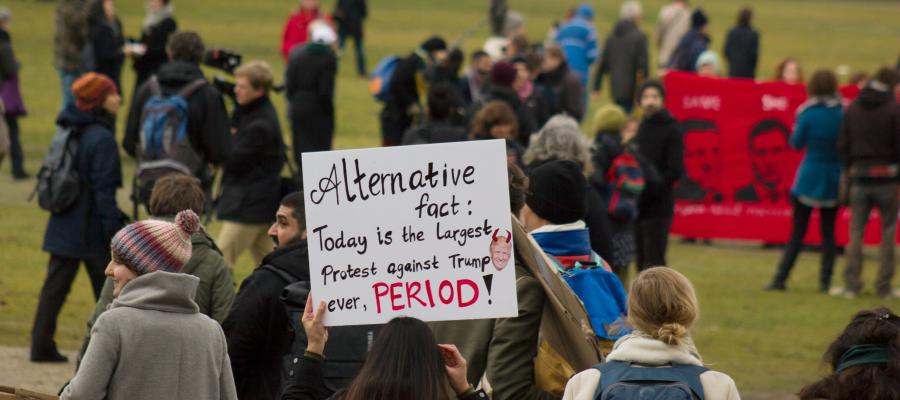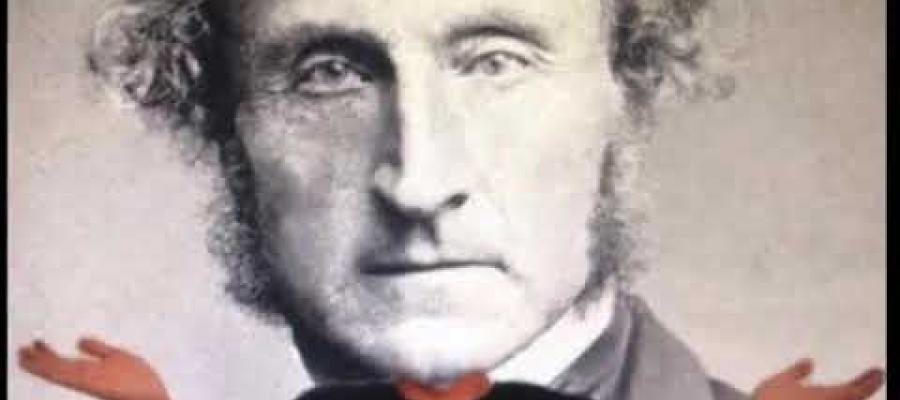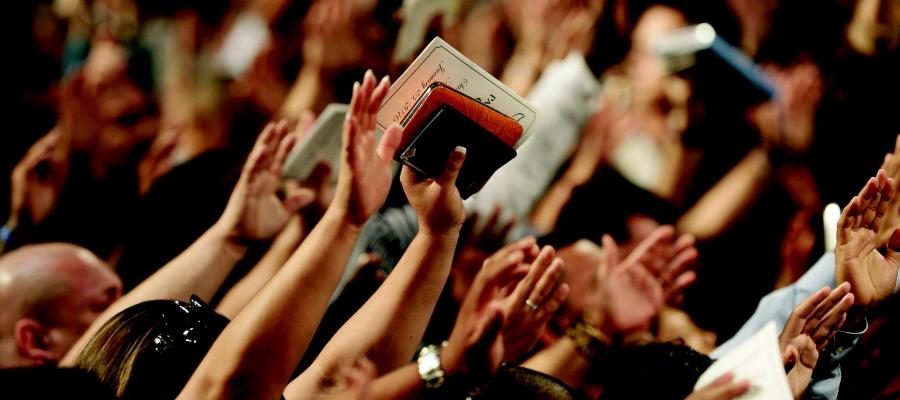Should We Trust Polls?
16
Oct 2019
One of the ideas I’ve seen cropping up on social media and in media punditry is that polls are untrustworthy. Such skepticism about polls seems to me to be part of a broader assault on objective, systematic research that has been on the rise since 2016.
Read moreThe Appeal of Authoritarianism
07
Oct 2019
Why do some people find authoritarian leaders so appealing? Why do they sometimes secure vast numbers of votes in democratic elections? Are humans naturally drawn to tyrants? These are some of the questions we’re asking in this week’s show.
Read moreMusic as a Way of Knowing
03
Oct 2019
When people talk about knowledge they usually mean what philosophers call “propositional knowledge”—knowledge of facts that can be articulated in language. But music can provide another kind of knowledge that cannot be expressed in language. It can provide experiential knowledge.
Read moreExplanation at Its Best
30
Sep 2019
What makes an explanation a good explanation? Isn’t the simplest explanation always the best? Why do people often swallow crazy explanations? Those are just some of the questions we’re asking in this week’s episode about the nature of explanation.
Read moreWhat's In a Picture?
10
Sep 2019
Pictures are so ubiquitous they often fade into the background of conscious experience. But there’s a special magic to pictures. When you see one, you don’t only see some colors on a surface, some marks jumbled together here and there; you see things—maybe bottles, people, or books—in the picture.
Read moreChanging Deniers' Minds
07
Sep 2019
How do we change the minds of climate deniers? Could learning about the science of global warming ever persuade a skeptic? Or are humans just too irrational to be persuaded by facts and evidence? These are some of the questions we’re asking in this week’s show.
Read moreAgainst Introspection
04
Sep 2019
It’s tempting to imagine that self-knowledge is easy to come by. All you have to do is introspect. The idea is that the mind is kind of like a clear glass fishbowl. If you want to know what’s going on, all you’ve got to do is take a look. But there are problems with this idea.
Read moreA Puzzle About Sacred Values Part I
29
Aug 2019
Classic theories of choice posit that our preferences are transitive. So, for example, if you prefer the apple to the orange and the orange to the banana, then you’ll also prefer the apple to the banana. Now one interesting question in psychology is the extent to which human preferences are actually transitive.
Read more#FrancisOnFilm: Once Upon a Time...
26
Aug 2019
Quentin Tarantino’s new film, Once Upon a Time… in Hollywood, retells the story of the murders committed by members of the Manson “family.” In the film, one of the cult killers says to her victims: “You taught me to kill. Shouldn’t I kill you?” This question is pointedly directed to members of the audience too.
Read moreHow Do Decisions Ever Get Made?
15
Aug 2019
Sometimes you will be faced with choices that are hard because of the great number of options there are, the difficulty of comparing them, or limitations on your information. They’re extra painful when stakes are high. It’s pretty amazing that such difficult decisions get made at all.
Read moreShould We Abandon the Canon?
12
Aug 2019
Should we still be venerating works by Plato, Shakespeare, Woolf, and company as “great books”? Should we still be reading them at all? Or should we simply abandon the "Western canon"? These are the questions we're asking in this week's show.
Read moreSelf Knowledge on Trial
06
Aug 2019
Most people seem think that knowing themselves is a good idea, or at least say that that’s what they think. “Know thyself,” is uttered reverently—as though it’s self-evidently a wonderful goal. I’m going to put self-knowledge on trial, and I’ll say up front that the case for the defence looks pretty thin.
Read moreThe Doomsday Doctrine
05
Aug 2019
Why worry about a nuclear doomsday how? The Cold War is over. At its height we had thirty thousand warheads pointed at the Soviets, they had forty thousand pointed at us—but we’re each down to a fraction of that. A climate doomsday seems much more likely.
Read moreA Simple Test for Fake News
25
Jul 2019
In 1729, Jonathan Swift published his satirical essay, “A Modest Proposal,” which offered selling babies for food as the simple solution to Irish poverty. But what if Swift had published a piece presented with the appearance of a legitimate news source, instead of clear satire? Would there be an easy way to tell it was fake news?
Read more#FrancisOnFilm: Last Black Man in SF
24
Jul 2019
The Last Black Man in San Francisco was my favorite film at Sundance this year. It explores critical questions about whether respect for persons requires addressing erosion of the conditions on which identity claims rest—erosion that so clearly has been and is continuing to occur for some communities in San Francisco.
Read morePostmodernism: The Decline of Truth
15
Jul 2019
Is postmodernism to blame for the rise of the post-truth era? At first glance that seems very hard to believe. When we see Kellyanne Conway talking about “alternative facts” or Rudy Giuliani saying “truth isn’t truth,” we don’t immediately assume they’ve been busy reading Jacques Derrida.
Read moreHow to Think Two Thoughts at Once
10
Jul 2019
We tend to think that you can only have one thought at a time. You can switch between different kinds of thoughts quite quickly, or you can think many thoughts one after the other, but you can’t think more than one thought at the same time. That’s a mistake. There’s a way to think two thoughts at once.
Read moreJS Mill and the Good Life
22
Jun 2019
This week, we’re thinking about J.S. Mill and the good life. While Mill valued individual choice and freedom, he was also a utilitarian who believed you should always do what produces the greatest happiness for the greatest number. Can these strands of Mill's thought be reconciled?
Read moreDoes Thinking Help Stop Fake News?
21
Jun 2019
What makes people susceptible to fake news? Does reasoning tend to lead to less bias or more distorted beliefs? In other words, are people who are reflective more or less likely to be suckers for fake news? This question has resulted in a wide-ranging debate with two camps.
Read moreReader’s Block and Bad Philosophy
18
Jun 2019
“Reader’s block” might refer to anxiety about reading some intimidating book; reluctance to read at all; or that special frustrating phenomenon where you drag your eyes over the lines of a page without taking anything in. Sometimes it's the result of a philosophical mistake about reading.
Read moreLetting Go of Human Nature
11
Jun 2019
The idea of human nature is riven with controversy. Some scholars—often those in the humanities—argue that there’s no such thing, while others—often those in the social and biological sciences—regard its “denial” as anti-scientific. So is there any point hanging onto this controversial idea?
Read moreTolerance and Radical Disagreement
08
Jun 2019
What should you do in the face of radical disagreement? Do you live and let live, or try to convince the other person they’re wrong? Are some ideas just too terrible to tolerate? These are some of the questions we're tackling on this week's show.
Read more#FrancisOnFilm: I Am Mother
06
Jun 2019
Sci-fi thriller I Am Mother is due out on Netflix tomorrow. It's a fantastic philosophical movie that raises all kinds of philosophical questions about abortion, reproduction, enhancement, population policy, and especially about what it means to be a good mother.
Read moreA Licentious Lannister?
03
Jun 2019
Actor Nikolaj Koster-Waldau is far better than Jaime Lannister, the character he plays on Game of Thrones. But he is sometimes criticized for portraying a character that normalizes depraved behavior. Which raises the question: is it immoral to produce fiction that represents bad behavior people might emulate?
Read moreWorking for Faith
12
May 2019
I had a terrific time discussing religious “beliefs”—or religious credences, as I call them—with Josh and Ken recently. One claim I proposed on the show is that religious credence is like make-believe imagining. I want to delve a little deeper into that claim and address something Ken said.
Read more- ‹ Previous
- 7 of 39
- Next ›
